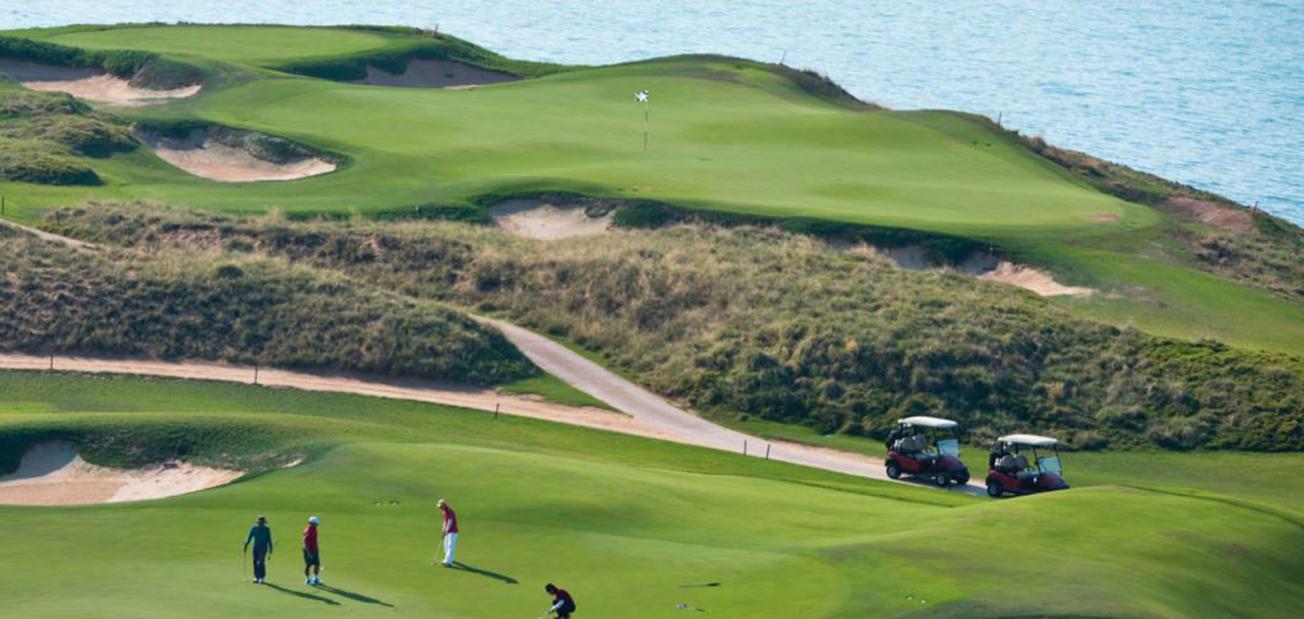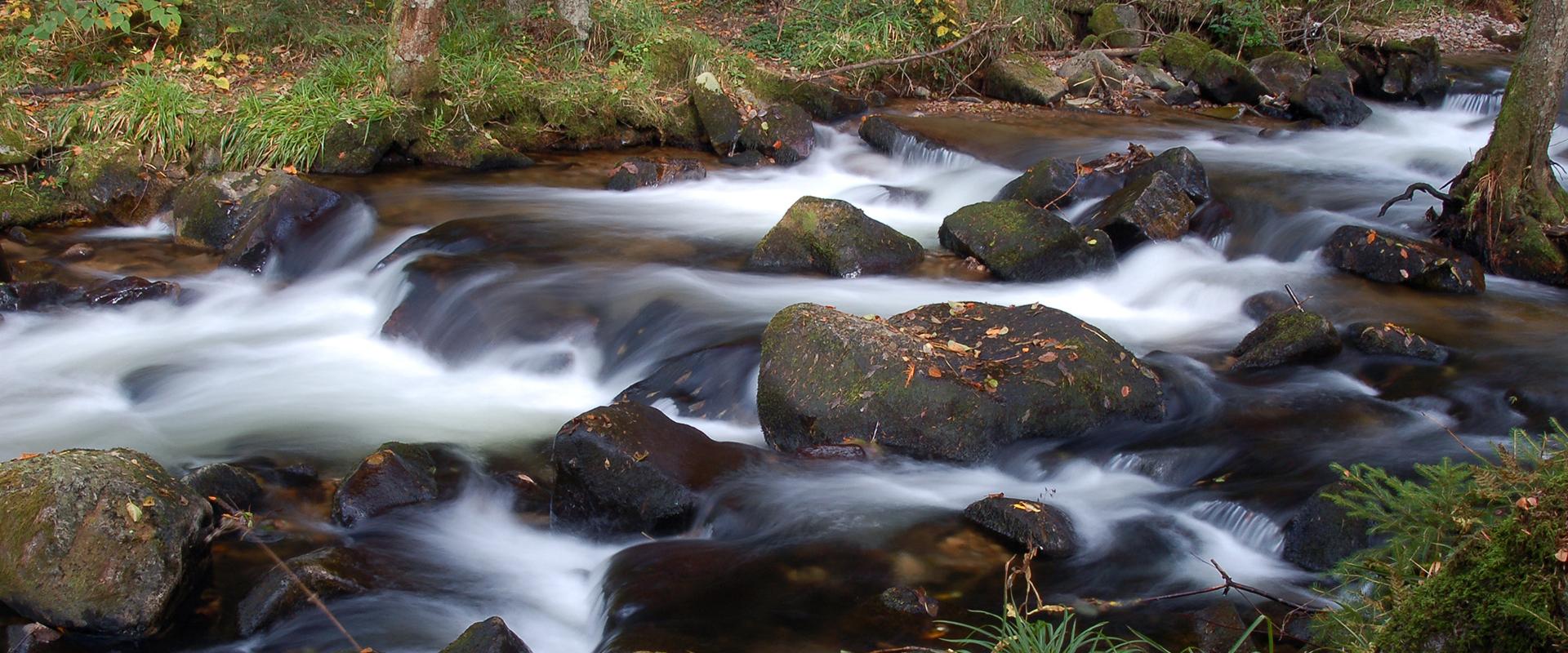
The Agon-Coutainville golf links are irrigated with water from the treatment plant.
© topdeq / 123RF
AquaNES is a 3-year project launched in 2016 to develop innovative water and wastewater purification techniques that combine industrial and natural processes. By demonstrating the impacts and advantages of the different systems investigated, the project aims to promote more sustainable water purification techniques to manage water deficits and surpluses and the presence of micro-pollutants in the water cycle. The AquaNES project is part of the EU Horizon 2020 programme and involves thirty scientific, industrial and academic partners working in the water sector.
Developing natural and industrial water treatment systems at the Agon-Coutainville coastal resort
In March 23016, the AquaNES project launched groundwater monitoring at one of its 13 pilot sites, the Agon-Coutainville wastewater treatment plant on the Normandy coast, installing piezometers to track and observe the quality of the natural filters used. The site, operated by SAUR, the town’s wastewater management company, combines an activated sludge treatment process (bio-purification by micro-organisms) coupled with bio-filtration (reed beds and sand dunes). This system protects the shellfish production area in the estuary by avoiding releases of wastewater directly into the sea. The purified water is used as a source of freshwater for artificial recharges of the coastal aquifer and also for occasional irrigation of the neighbouring golf links.
The studies conducted at this demonstration site aim to improve the quantity and quality of the purified water through surveillance, management and modelling of the water cycle and transfer processes in the soil and subsoil, with the aid of advanced chemical analyses (chemical elements, micropollutants, bacteria, etc.) and in-line salinity checks. The AquaNES project applied system life-cycle and risk analyses to investigate the relevance of this combination of industrial processes (treatment plant) and natural processes (infiltration through the dune environment).
The data processing and distribution work undertaken by the BRGM, GeoHyd-AntéaGroup, ImaGeau, MicroLan, BioDetection Systems, Cranfield University and the Berlin Centre for Water Expertise, with support from the Agon-Coutainville municipality, SAUR and the Coutainville golf course, has contributed to innovation in the water industry and to efficient management of water treatment and water reuse facilities in the relevant sector.
About the project
The 3-year AquaNES project was launched by the European Horizon 2020 programme to develop innovative approaches in the water sector, under the supervision of the Basel University of Applied Arts and Sciences in Switzerland (FHNW). The project involved 30 SMEs, industrial companies, research institutes, universities and water service organisations from Europe, Israel and India. Thirteen pilot sites were involved in developing the project.







